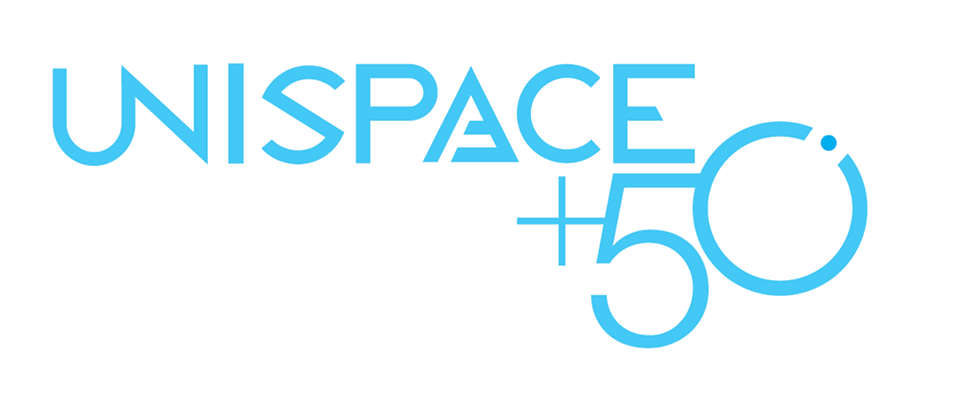“To clarify, “open borders” means that people are free to move to find work. It does not mean “no borders” or “the abolition of the nation-state”. On the contrary, the reason why migration is so attractive is that some countries are well-run and others, abysmally so.”





